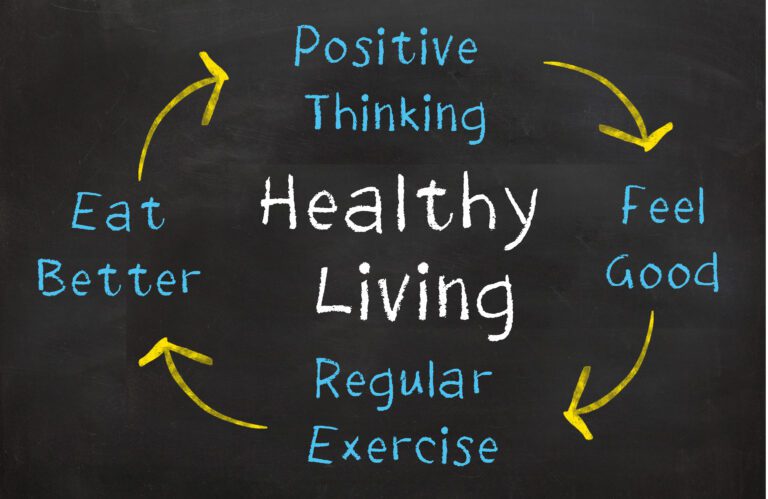Ultimate Guide How to Use Minimalism as a Component to Your Treatment Plan
Minimalism is a movement that has gained popularity in recent years. It caught my attention, and I have implemented some of the philosophies that define the minimalist lifestyle.
Lifestyle is the key term to look at regarding minimalism. It is a concept where you live your life by a certain set of standards and values.
I am in no way trying to push my point of view on you. I only ask that you keep an open mind in reading the following words.
For me, utilizing the minimalist perspective in how I manage my bipolar disorder has been a game-changer.
Have you ever heard of the “tiny home” movement? It sprang up as a direct result of the philosophy of minimalism.
Introduction to Minimalism
When thinking about minimalism, most people think of cutting out all the stuff in their lives—you know, material possessions.
However, minimalism is not solely about cutting everything out of your life. Instead, it is about utilizing your space and material possessions most efficiently.
How many pairs of jeans can you wear at one time? One.
Can you wear more than one pair of shoes at once? No.
The idea is to use what you have and do not hoard a bunch of extra stuff you do not need. You trim the fluff off your possessions and keep what you need, not just want.
Other components of minimalism include paying down your debt and erasing it from your life.
Purchasing a tiny home is a way to own a home while reducing your monthly mortgage and putting you in a position to efficiently use the smaller space. This perspective makes up the heart of minimalism.
The American Dream
Growing up, I had a very distinct understanding—of what I thought—was the American dream.
After graduating high school, I was supposed to go to college, earn a degree, find a high-paying job, purchase a home, get married, have kids, and retire early if I could.
It sounds pretty cool, right?
If you follow the plan, no one questions your success and your way of life. If you veer from this norm, that is a whole new conversation entirely.
Over the years, people have become more and more materialistic. I am not saying this is necessarily a bad thing. Rather, your morals, values, and standards dictate your true intentions.
In today’s society, I see clear examples of people pursuing the American dream, but they want the American dream on steroids.
People are not content with what they have. Instead, they want more, bigger, and shinier stuff—a higher-paying job, a bigger house, a nicer car, an expensive education, and more.
Again, I do not want to come across as judging. It’s just a reality we face.
Utilizing the Philosophy of Minimalism in Treatment
Now that we know the basic nuts and bolts of minimalism, let us implement this philosophy in the treatment of bipolar disorder.
To treat any illness, you need a game plan. Bipolar disorder is no different.
Bipolar disorder is a complex and chaotic illness. Keep things simple by focusing on the basics, including:
- Sufficient water intake
- Healthy eating choices (the type of food and amount)
- Supplementation
- Daily exercise (weight lifting for me)
- Medication
- Healthy sleep hygiene
- Reducing factors of stress
This list may sound like common sense, but most people do not implement these daily requirements. Making sure you have each of these basic requirements on the list will better your chances of managing your bipolar disorder. Your mind and body will operate more efficiently and will set you up for success in fighting the bipolar battle.
I follow the medical model of treatment, and as such, I see a psychiatrist and therapist regularly.
Focusing on the basics makes it easier to manage bipolar disorder in the long run. At least, that has been my experience.
I am not saying it is an easy process, but you can successfully manage bipolar disorder with the right treatment. It can take time. You need consistency and to work hard at being healthy, but it is worth it and completely doable.
Adopt the mentality of a warrior—a bipolar warrior.
Last Thoughts
I have always enjoyed learning about tiny homes. When I connected the dots to the concept of minimalism, it intrigued me.
I took it one step further and connected it to my treatment plan. I already had adopted the philosophy of minimalism to manage my bipolar disorder—I just didn’t know that was the term for it.
Keep things simple. Focus on the basics and building blocks of your treatment. You will not only learn to better manage your bipolar disorder, but you will increase your overall quality of life.







